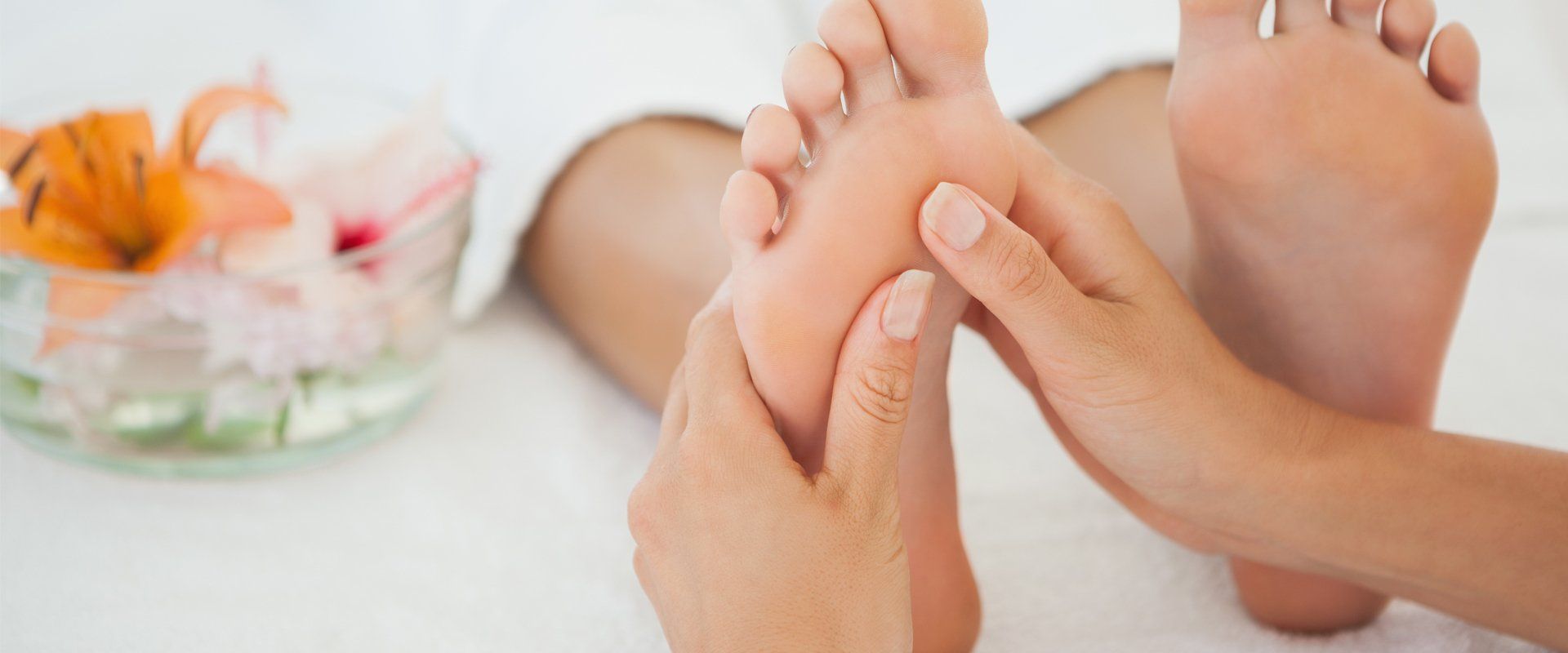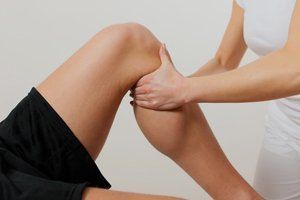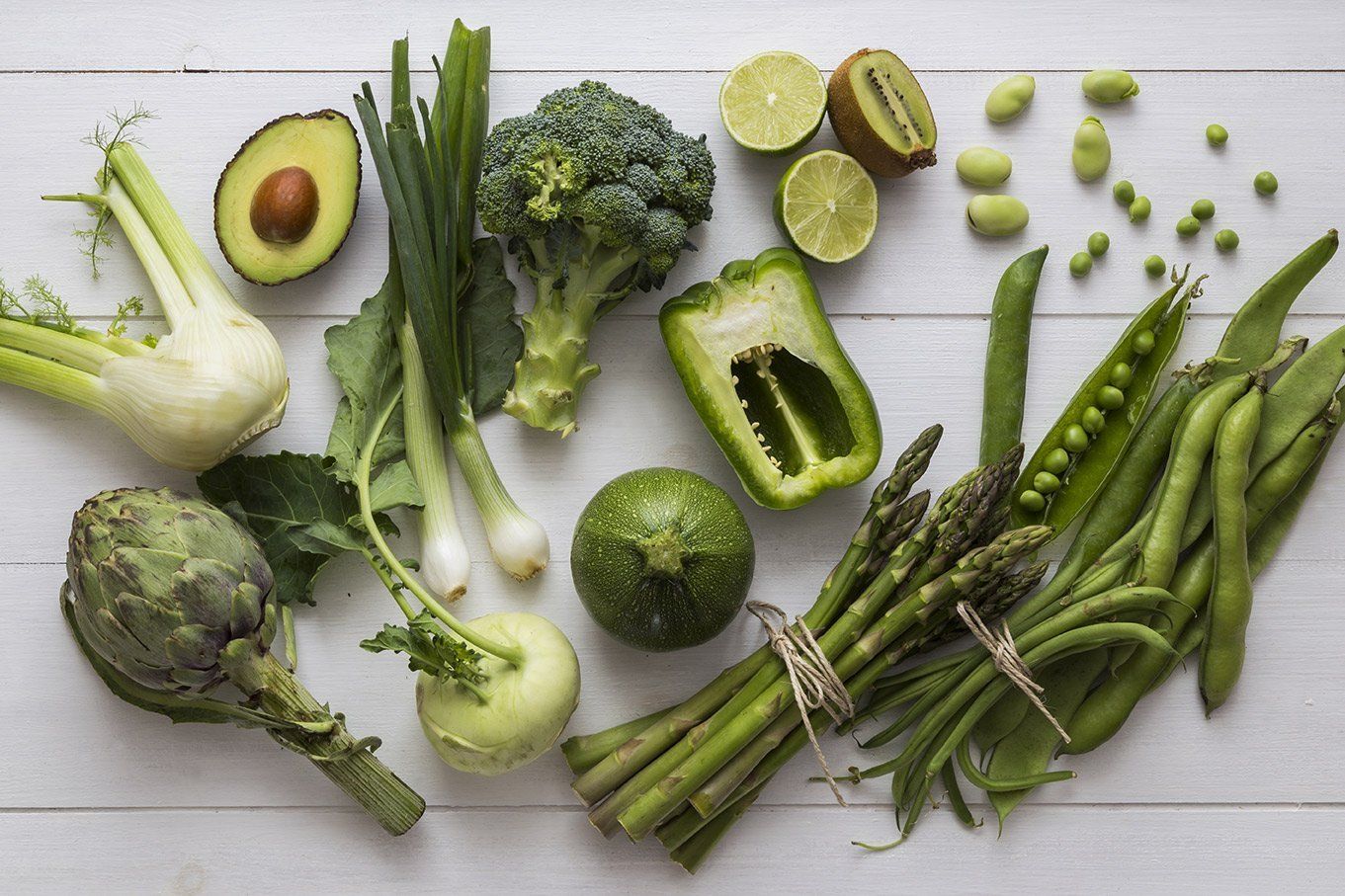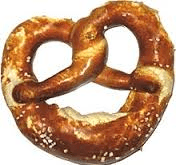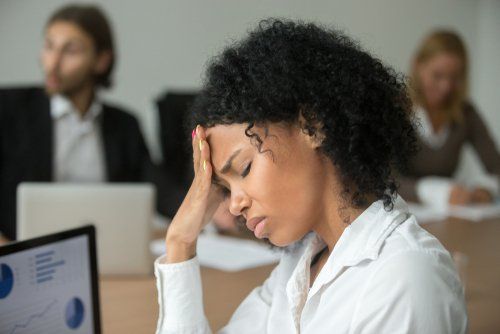Menopause
- By Christine Gaskill
- •
- 07 Aug, 2019
- •
A Female Journey

Last week I had not one but two friends crying on my
shoulder concerning their menopause experience. I hugged them and assured them
that the feelings they were experiencing were valid and normal, that it was a
part of this transition known as Peri-menopause and Menopause.
The peri-menopause or menopause transition is the period of time from when the body starts it’s hormonal changes, so causing wildly fluctuating levels of oestrogen and progesterone, until your ovaries stop releasing eggs all together. It normally begins in a woman’s 40’s (although it can begin earlier) and lasts until her ovaries stop producing eggs, up to 12 years later. The menopause is said to have occurred when a woman has been period free for a year and this normally marks the end of the transition.
In a similar way to puberty, the fluctuating hormones cause bodily and mood changes. These can be very slight at first and many women are unaware that they have actually started their transition. The symptoms of this change are many and varied. Perhaps, just beginning with vague feelings of being tired or having low energy. Perhaps, feeling a little less tolerant, suddenly tearful and a little more moody. Your periods may change in frequency, length and volume. As time goes on, these symptoms can build into a more familiar landscape of hot flushes, night sweats, insomnia and poor memory, which are all very common. Depression can be another symptom and a need for time alone, time to be completely oneself. Weight changes can be a problem too, with many women finding that weight is gained more easily. Joint pains and stiffness in the ankles and feet are also very common at this time.
Every woman’s experience is as unique as she is. Some women barely notice, whilst some feel as if they are dying or going mad. Your experience of this menopause journey is special to you and only you can speak with any authority on it. A useful thing to do at this time, is to journal your experience, write down your strange, meandering journey in a special journal or maybe just a few lines in your diary. It doesn’t have to be daily, it’s your journey, you can choose. You can also use art, photography or any form of creativity to make those emotions you feel more tangible. By acknowledging them, you take away the fear of what is happening. Perhaps taking up a new form of relaxing exercise like yoga might help.
Make time for yourself, so many women feel guilty for doing this but it’s vital during the peri-menopause. Organise shorter working hours if possible and necessary. If things are especially bad, ask friends and family for help. See your doctor to confirm the symptoms are due to the peri-menopause. If you are suffering from insomnia, you will naturally gain time during the night to process, read, write, watch interesting documentaries and do (quiet) creative activities you might not normally have time for. Have them available, without having to root through cupboards and risk waking family members. The flip side of that is tiredness during the day, those “nana naps” our mothers and grandmother wisely took, seem mighty enticing around this time. Sleep when you can, don’t feel guilty, you must take your rest or end up completely exhausted. Your brain is being completely rewired at this time, just like in puberty and it’s an energy sapping process.
Your diet can really change at this time, often you just won’t feel like cooking and will look around for easy options. That can be dangerous, as previously good food habits can fall by the wayside. I found that I didn’t need to eat as much but what I ate needed to be really nutritious. So, I slowly found myself naturally drawn to a ketogenic way of eating. That is eating more protein and natural fats and less of everything else. This suited my body and helped stabilised my moods. Drinking water to thirst and cutting down on tea and coffee helped too.
I also found exercise helped if I felt jittery or angry, I would go for a brisk walk or workout with weights until it passed. Do what feels right for you, just getting outside can really help. Be kind to yourself, don’t judge yourself harshly if you can’t manage everything you once could.
The menopause is often thought of as an end to a woman’s productive life and as far as children are concerned, this is true. However, I believe the menopause marks an end to using a woman’s energy outside of herself and the beginning of using all of that creative energy for herself. Once the menopause is over, most women receive a huge boost in clarity, energy and well being. Many post-menopausal women begin new projects, jobs and hobbies as they are set free from other responsibilities. It is a very powerful time in a woman’s life, far from being the end, it can be a glorious beginning!
At Betahealth Clinic we have a number of therapists that can help support you as a whole and with your transition symptoms if they become overwhelming:
Martin Silliton offers Traditional Chinese Medicine, acupuncture and lifestyle change to aid symptoms such as night sweats, insomnia, hot flushes, lack of energy and depression. Balancing yin and yang to strengthen the body’s energy or chi. https://www.betahealth.co.uk/acupuncture-herbal-medicine
Sydommne Peace offers Homeopathy and Reiki to help with the many potential symptoms of menopause and relaxing massage, for when you just need some you time. https://www.betahealth.co.uk/homeopathy
Mrs Shaun Brown offers Reflexology to improve anxiety, sleep and menstrual pain as well as supporting the whole person. https://www.betahealth.co.uk/reflexology
Sue Cook our Osteopath can help with those aching, inflamed joints and muscles. https://www.betahealth.co.uk/osteopathy
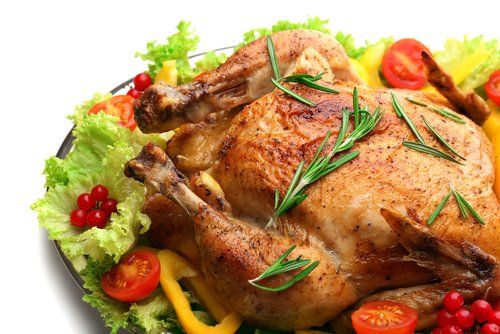
Firstly, ensure you have a good breakfast on the big day. Don't skip breakfast thinking that you will eat a lot later, this will only lead to snacking on inappropriate, high carbohydrate foods because you are hungry. A lovely, cheesy omelette or even a treat of bacon, mushrooms and eggs will set you up for your day.
Secondly, think carefully about what you are drinking. Drinks slip down very smoothly, so it's easy to raise your blood sugar levels on drinks alone. Fruit juices, fizzy sweet drinks, beer and wine all raise your blood sugars at an alarming rate, as well as adding to dehydration, which will cause you to reach for more. What drinks are relatively low carb? Well, you will be pleased to hear that spirits, champagne or dry red wine are the best of your choices. Of course water is your great friend, be it in still, fizzy, ice or soda form and can be added to you spirits instead of other high carb mixers. It's a good idea to have a glass of water to hand throughout the day to keep you hydrated. Tea and coffee (without sugar) are fine.
Christmas dinner is a time for indulgence and of course you don't want to feel left out. That doesn't mean you can't make a few careful choices and do away with the worry. The items that raise your blood sugars are the carbohydrates, so they are the things to control. Potatoes, parsnips, carrots, bread sauce and stuffing are the things to avoid or cut down on. If your joy on Christmas day is a roast potato, then have two small pieces and forgo the other starchy vegetables. Load up on above ground vegetables such as sprouts and the meats or nut roast instead. Cauliflower mash with lashings of butter makes a great alternative to mashed potatoes.
Afterwards you could always skip the Christmas pudding and move on to the cheese board instead (no crackers though). If you feel cheated without pudding, have the thinnest slice possible, with a good cover of double cream to satisfy that craving.
A great tip is to take dark chocolate, the richer the better, with you. That way if you are tempted by the sweets and candy surrounding you, you can treat yourself without worrying too much. It also stops people from nagging you into indulging because they want to feel you are having a good time.
Wishing you a very happy, healthy festive season. A wise person once said: It's what you eat between New Year and Christmas that makes the difference to your health, rather than Christmas to New Year. If you slip up in the next few weeks, bear that in mind and be kind to yourself.
Christine Gaskill, Hemel Hempstead Ambassador for the Public Health Collaboration
https://phcuk.org/wp-content/uploads/2017/10/PHC-Sugar-A5-Flyer-Front.pdf
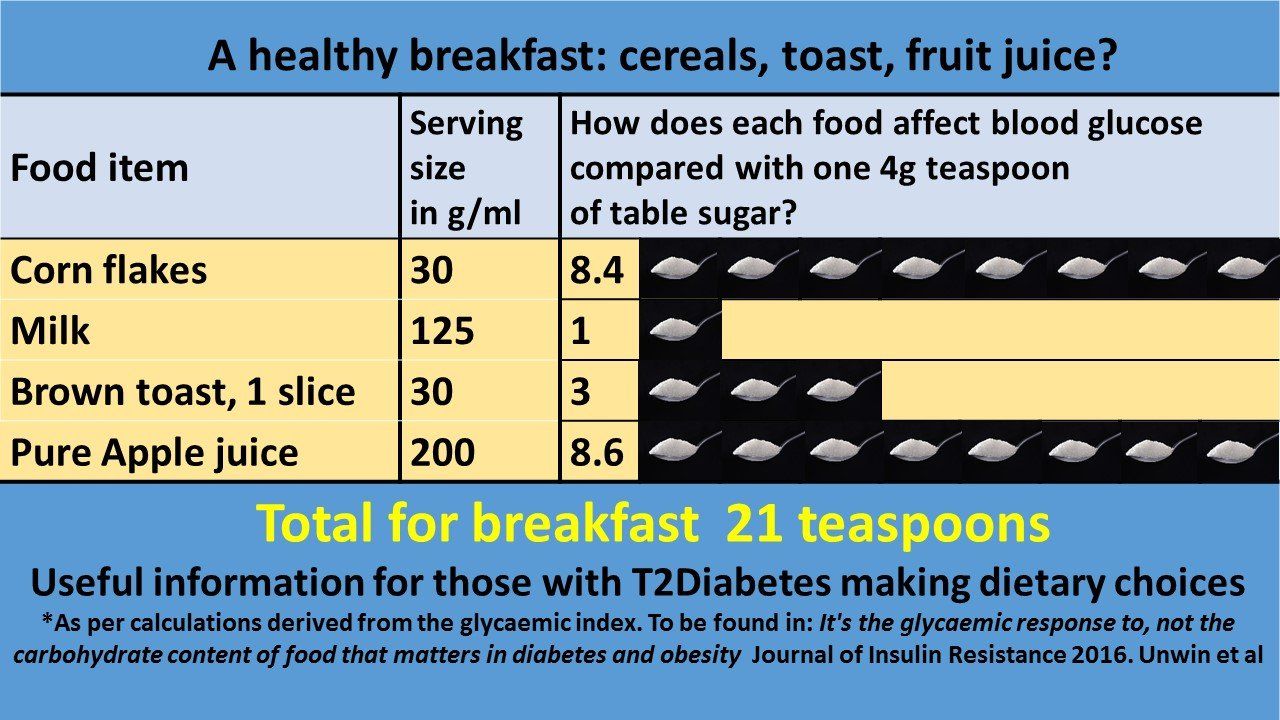
You can still watch it on catch-up for a while and perhaps you too may be inspired to make small changes that could make a real difference to your health: https://www.bbc.co.uk/programmes/b0b5y6c0.
If you would like to investigate further into how much sugar you are consuming each day, then take a look at the infographics on the Public Health Collaboration site, you may be in for a surprise: https://phcuk.org/sugar/. Christine Gaskill PHC Ambassador for Hemel Hempstead

